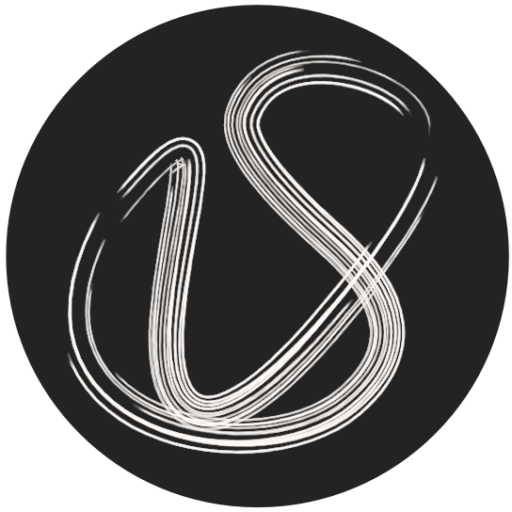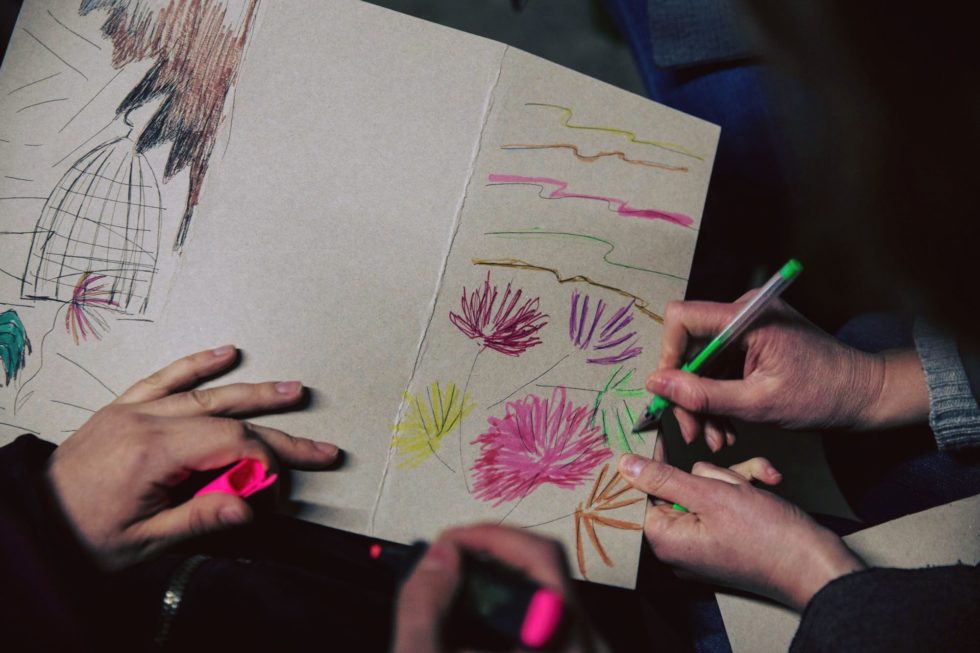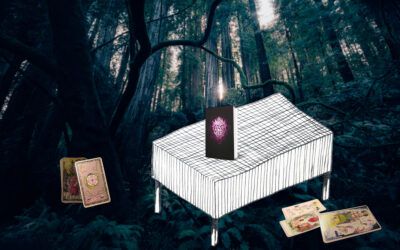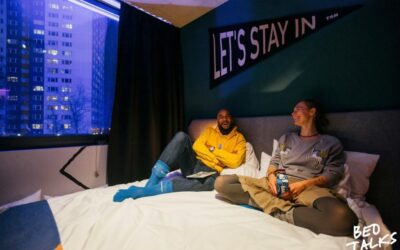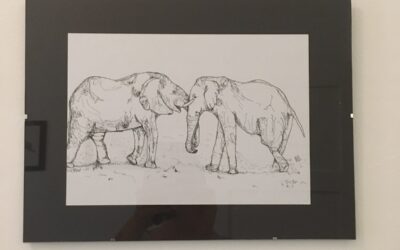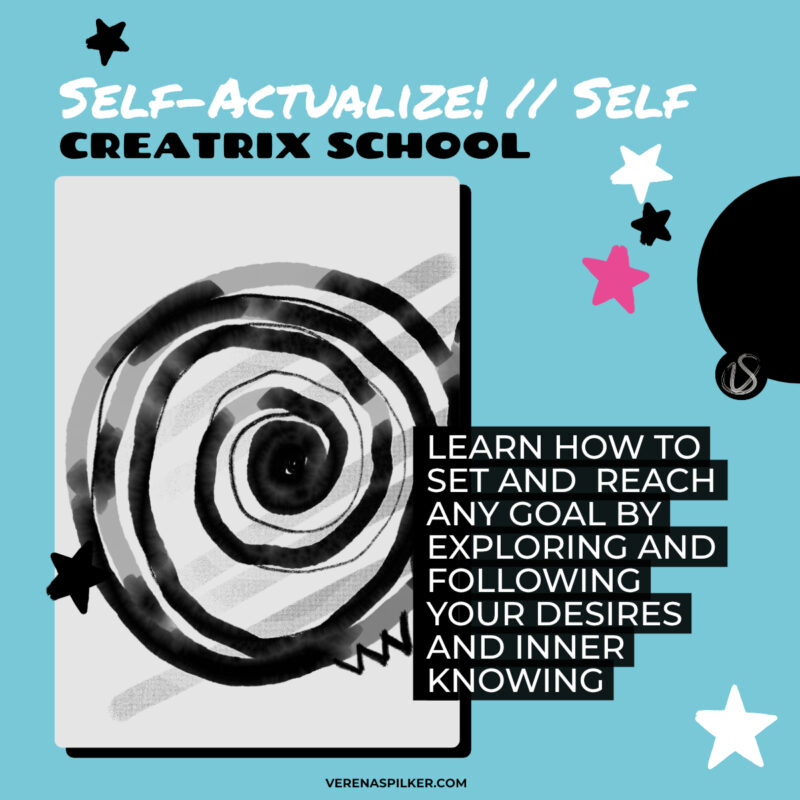EU-Russia Civil Society Forum/ Гражданский Форум ЕС-Россия:
„1989-2019. Reflecting Europe. Am 5.-6.12.2019 trafen wir uns im Berliner Haus der Statistik um Bilanz zu ziehen und in die Zukunft zu schauen: Wie klang 1989? Woran haben wir uns in diesem Jahr erinnert und was blieb unbeachtet? Welche Themen tragen wir weiter ins Jahr 2020? Danke an alle für das zahlreiche Kommen, für die Diskussionen bei Suppe und Kerzenschein, für’s Tanzen und Reflektieren.
Einen besonderen Dank gilt dem Auswärtiges Amt und der European Union – EU für die Unterstützung und Haus der Statistik für die phantastische Gastfreundschaft, Ksenia Les für die Bilder, Johannes Niehaus und Anil für tanzbare Sets, Verena Spilker, Dasha Yakovleva, Anton Valkovsky and Klimanotstand Berlin für die inspirierenden Workshops und Marina Alexandra Mantay, Peter Mitchell and Transition Dialogue für die lebhaften Gespräche.“ #reflectingeurope #civilsocietycooperation
Reflective Piece: Still Looking for Freedom?
„The world says: „You have needs — satisfy them. You have as much right as the rich and the mighty. Don’t hesitate to satisfy your needs; indeed, expand your needs and demand more.“ This is the worldly doctrine of today. And they believe that this is freedom. The result for the rich is isolation and suicide, for the poor, envy and murder.“
Fyodor Dostoevsky (1879)
“I am not free while any woman is unfree, even when her shackles are very different from my own. And I am not free as long as one person of Color remains chained. Nor is anyone of you.”
audre lorde (1981)
„Letting go gives us freedom, and freedom is the only condition for happiness. If, in our heart, we still cling to anything – anger, anxiety, or possessions – we cannot be free.“
Thich Nhat Hanh (1998)
„It’s just a feeling. It’s like how do you tell somebody how it feels to be in love? How are you going to tell anybody who has not been in love how it feels to be in love? You cannot do it to save your life. You can describe things, but you can’t tell them. But you know it, when it happens. That’s what I mean by „free“. I had a couple times on stage when I really felt free, and that’s something else. That’s really something else! I’ll tell you what freedom is to me: No fear!“
Nina Simone (?)
30 years after the end of the Cold War, Europe is in crisis. The story of one universal truth, that liberalism would be our liberator, that we were all equals and could achieve whatever we wanted if we just worked hard enough, is fading. Liberal democracy, market economy and globalisation didn’t quite turn out the way many imagined. The hope that the European Union would bring peace, security and protect people’s personal freedom and wellbeing is replaced by frustration and anger. Europe once represented liberty and security, now, for many, it represents liberalism – a failed promise – and people are looking to the right in order to find alternatives.
When David Hasselhoff sang in 1989 „I’ve been looking for freedom“ over the last standing bits of the wall that had not only divided Germany but the East from the West – people seemed to know what freedom meant: no more division, no more war, freedom of speech, free elections, freedom to chose your occupation, your way of life and to be able to travel wherever you wanted to go.
On paper European citizens have all these freedoms today, yet they don’t feel free. Instead many feel bound, by economic struggles, threatened by new people arriving, out of touch from political power. Europe never reached the point where the newly united people had equal chances to prosperity. Wars are still happening, even if not on European territories, European citizens are not excluded from their consequences. And we can say what we want, but to what benefit?
Europe is a political construct and highly problematic in it’s position in world history. It’s borders as well as it’s purpose need to stay open for debate. The reflective piece: Still Looking for Freedom? wants to engage with different European perspectives on what freedom means and touch on the question whether a common idea of freedom could be a means to keep the idea of a united Europe, and possibly a more equal world, alive.
To gain a better perspective on what freedom actually means – to us in Europe, in the world, today – I collected recorded voice messages from 25 different people from Europe and beyond.
The outcome will be published in form of a feature podcast in four parts in November through Reflecting Europe/ EU-Russia Civil Society Forum.
PERSONAL BACKGROUND
Verena Spilker holds an M.A. in Cultural Anthropology, Political Sciences and Russian. In 2009 she founded Transnational Queer Underground and has been running it since. She works as a web and media designer, writer, researcher, organiser and teacher. She also draws and takes photos. In her work she likes to explore patterns of all kinds, and to make out the places of connection and beauty within them.
WHAT IS REFLECTING EUROPE?
The research and documentation project “Reflecting Europe” focuses on current European issues and on the “transformation year” of 1989 by creating a space for reflection and finding solutions through the cooperation of activists, media representatives and NGOs from Russia and EU countries. Later in 2019, the results of the project will be presented for discussion to a broader public in the form of a multimedia dossier.
Reflecting Europe is organized by the EU-Russia Civil Society Forum, Berlin.
learn more
Ähnliche Artikel
Illustration for Fool’s Journey
Last September Jane asked me to draw a tarot card to accompany one of her wonderful poems for a...
Queer Culture in Berlin @ Bed Talks Berlin
Bed Talks Berlin – The Free Thinking Festival Last year I got invited to participate at BedTalks...
Exhibition: Drawings/Connections
Datum: 14.06.2019 – 7pmOrt: FrauenNachtCafé, Mareschstr. 14, 12055 Berlin About...
